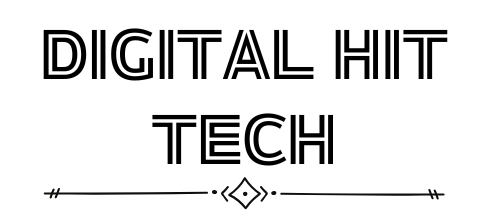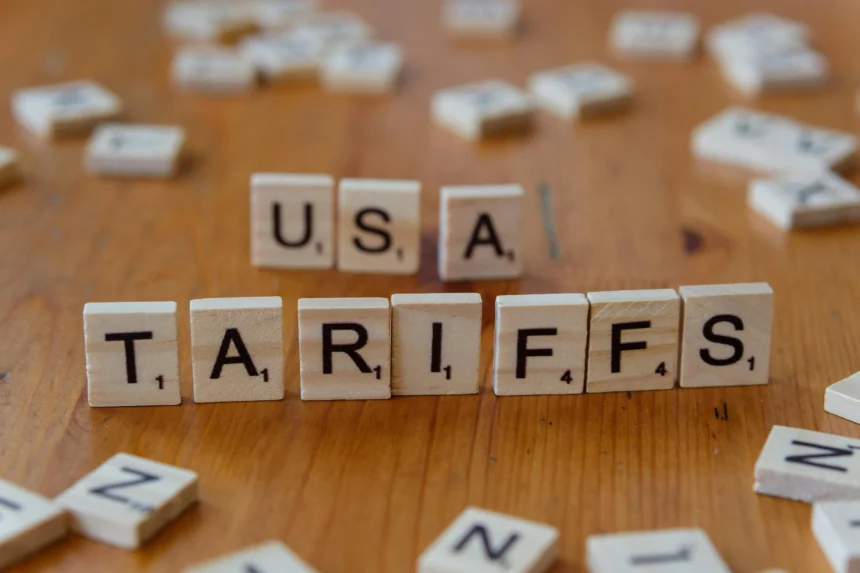Introduction
Reciprocal tariffs are trade policies where two countries agree to impose the same or similar tariffs on each other’s goods. These policies are used to promote fairness and balance in international trade. When one country lowers or removes tariffs on imported goods from another country, the other country does the same in return.
This form of agreement is common in bilateral trade deals and helps to protect domestic industries while also encouraging exports.
Why Are Reciprocal Tariffs Important?
Reciprocal tariffs are important because they:
-
Promote fair competition between countries
-
Reduce trade imbalances
-
Encourage negotiation and cooperation
-
Help to protect domestic industries
Historical Background
The Cobden–Chevalier Treaty (1860)
One of the first examples of reciprocal tariffs came from the Cobden–Chevalier Treaty signed between the UK and France. This treaty helped to reduce tariffs on key goods like wine and textiles, leading to more stable trade between the two nations.
The U.S. Reciprocal Trade Agreements Act (1934)
The U.S. passed the Reciprocal Trade Agreements Act in 1934, allowing the government to negotiate tariff reductions with other countries. This was a response to the high tariffs introduced during the Great Depression under the Smoot-Hawley Tariff Act (1930).
The new law led to better trade conditions and opened up markets for American products.
How Do Reciprocal Tariffs Work?
Tariffs operate on the basis of mutual benefit. Here’s a simple breakdown:
| Country A Action | Country B Response |
|---|---|
| Lowers tariff on imports | Lowers tariff on Country A’s goods |
| Increases tariff on foreign goods | Increases tariff on Country A goods |
| Imposes ban on specific imports | Responds with similar restrictions |
Both countries mirror each other’s actions to maintain trade balance and avoid unfair trade practices.
Benefits of Reciprocal Tariffs
1. Encourages Fair Trade
By applying equal tariffs, reciprocal agreements prevent one-sided advantages. This reduces the risk of trade wars and builds long-term partnerships.
2. Increases Export Opportunities
When tariffs are lowered, domestic companies find it easier to sell products abroad. This supports growth and job creation.
3. Builds Stronger Diplomatic Ties
Trade agreements that include reciprocal tariffs often improve relations between nations. They create mutual trust and reduce political tension.
Drawbacks of Reciprocal Tariffs
While tariffs offer many benefits, they can also have downsides:
-
Retaliation risk: If one country imposes a tariff, the other will do the same, which can lead to a trade war.
-
Hurt local consumers: Higher tariffs can lead to increased prices for imported goods.
-
Slow negotiations: Reaching fair agreements often takes a long time and may be delayed by political issues.
Case Study: U.S.–China Trade Relations
Between 2018 and 2020, the U.S. and China engaged in a major tariff conflict. The U.S. imposed high tariffs on Chinese electronics, steel, and other goods. China responded with similar tariffs on American agricultural products and cars.
This form of reciprocal tariff response led to:
-
A drop in imports and exports between the two countries
-
Increased costs for businesses and consumers
-
Uncertainty in global markets
In this case, while both countries used tariffs to protect their interests, the conflict disrupted trade globally.
Role in Modern Trade Agreements
Reciprocal tariffs are still used in many modern trade deals. They are often part of Free Trade Agreements (FTAs) and bilateral trade negotiations.
Examples:
-
USMCA (United States-Mexico-Canada Agreement)
-
EU Trade Agreements with partner countries
-
ASEAN Trade Agreements within Southeast Asia
These agreements focus on equal treatment of goods, ensuring fair access to markets on both sides.
Key Terms Related to Reciprocal Tariffs
Here are some commonly used terms in this context:
-
Tariff: A tax placed on imported goods
-
Bilateral Trade: Trade between two countries
-
Trade War: Economic conflict due to rising tariffs
-
Trade Deficit: When a country imports more than it exports
How Governments Use Reciprocal Tariffs Today
Governments often use reciprocal tariffs to:
-
Respond to unfair trade practices
-
Protect national security interests
-
Support local industries during economic downturns
-
Encourage countries to comply with international rules
By using these tariffs strategically, governments can strengthen their economies while keeping foreign trade partners in check.
Conclusion
Reciprocal tariffs are a key part of international trade policy. They help create balance and fairness in trade by ensuring that countries treat each other equally. While they offer benefits like improved trade relations and economic growth, they also carry risks such as higher prices and trade conflicts.
FAQ’s
Q1: Are reciprocal tariffs the same as protectionism?
No. While protectionism limits imports to support local goods, reciprocal tariffs aim for fairness by encouraging equal treatment between trade partners.
Q2: Do all countries use reciprocal tariffs?
Not always. Some countries prefer free trade policies with minimal or no tariffs. Others may use tariffs only in specific sectors.
Q3: Can reciprocal tariff help small businesses?
Yes. Fairer access to foreign markets can benefit small exporters by lowering costs and increasing demand for their products.








7p6hq6
The sentences feel intentionally sculpted, yet their rhythm is natural. There’s a harmony between form and freedom, making the reading experience both thoughtful and effortless.
Solid article! Thinking about bankroll management is HUGE in tournaments. Seeing platforms like luckymax legit offer easy deposits (even crypto!) makes it simpler to stay in the action longer. Great points on adapting to the table!
Immersive live dealer games are really taking off! Security is key, and platforms like the luckymax app casino seem to prioritize that with their verification process. Easy deposits via GCash are a huge plus too! 👍
That’s a fascinating take on longshot strategies! Seeing platforms like big bunny app download apk prioritize security and diverse games-slots, live dealers-builds trust, crucial for any betting success. Interesting read!
Pattern recognition is key in baccarat, but a secure platform is vital too. Seeing Big Bunny prioritize verification & responsible gaming is reassuring. Check out big bunny games for a trusted experience – peace of mind is a win itself!
That’s a solid point about team synergy! It’s amazing how tech is changing esports – seen some cool stuff like personalized game recommendations at jljl55 ph legit. Faster processing is a game-changer for Filipino players!